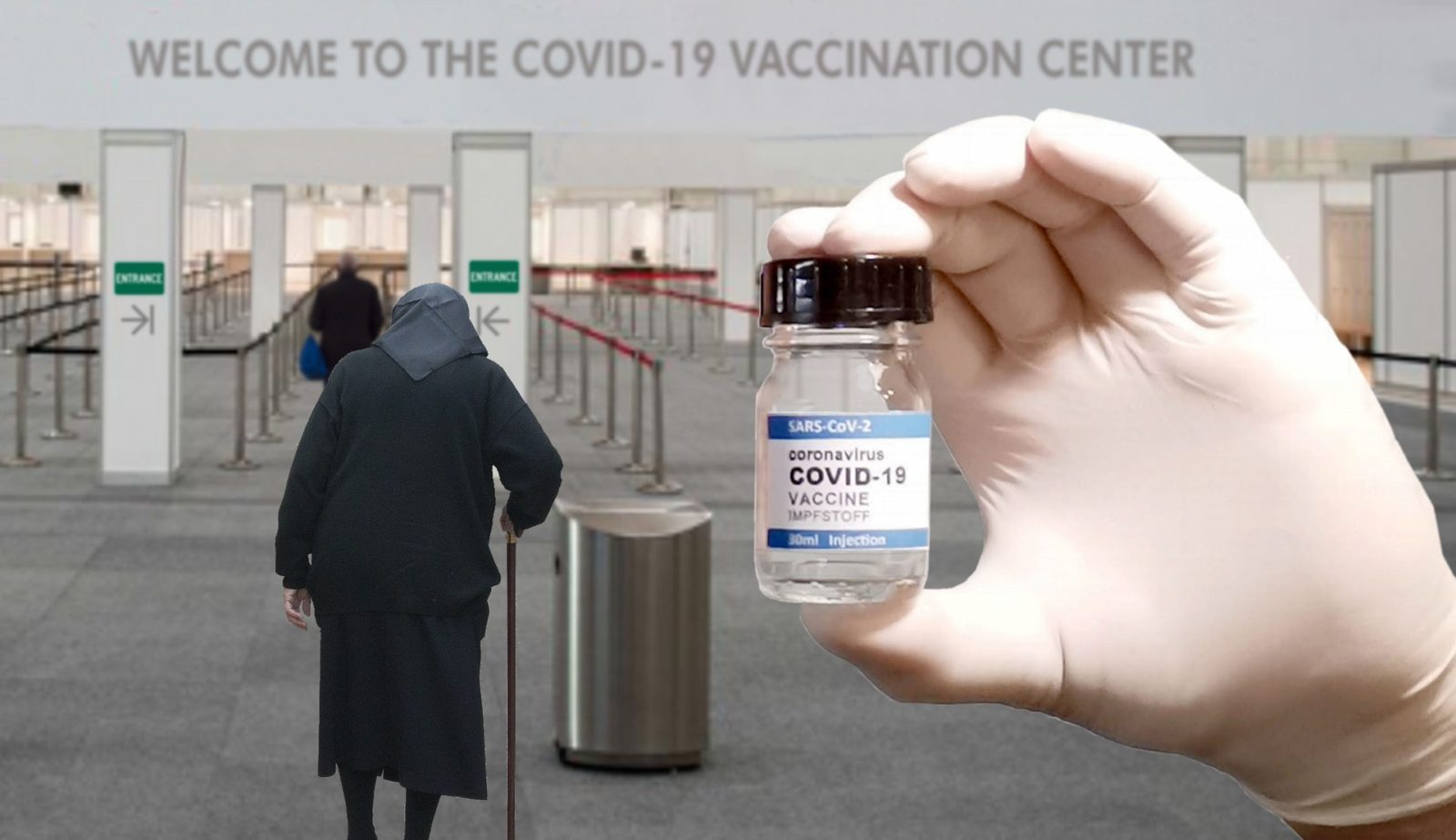Within two weeks, vaccination sites for Covid-19 should be set up in Prague’s Chodov shopping center and central railway station, where people can come without registering. The goal is to make vaccinations more accessible to the general public. Czech Health Minister Adam Vojtěch (ANO) said today. If successful, similar immunization stations might be established in other areas.
Mobile vaccination teams, according to Vojtěch, have already been established to meet these needs. Sites are currently being developed in the Chodov commercial center and at the central railway station. According to the minister, the goal is to reach people who have not yet signed up for vaccinations.
At Prague Central Station, vaccinations should also take place. The railway administration will make room for this in the lower check-in hall in the northern section (previously, a ZOOT shop). “Representatives from the Prague Hygiene, the ministry, and the Bulovka University Hospital, which will run the immunization center, inspected the facilities,” Radka Pistoriusová, a spokesperson for the Railway Administration, said. According to the hospital’s instructions, the administration will prepare the technical backdrop for the vaccination center at the station.
In addition to two-dose immunizations, health workers at these vaccination sites will get a single-dose vaccine from Johnson & Johnson. Following the advice of vaccinologists, the ministry suggested in early June that health workers not provide the vaccine to people under the age of 60. This is due to the highly unusual adverse effects which vaccinated people suffer from blood clots, mostly in the brain.
The vaccination stations for people who haven’t registered are a test project, according to Vojtěch. The ministry intends to expand the technique to other regions if it proves successful. The minister believes that the public’s desire to be vaccinated at larger vaccination clinics will eventually wane. After the summer, the more significant vaccination sites are scheduled to close. “That’s why we’re searching for alternatives; we want to get out into the field, closer to people, and make vaccination as accessible as possible,” Vojtěch explained.






Leave a Reply